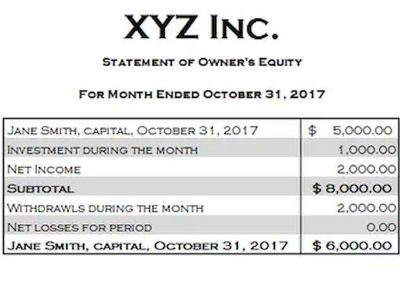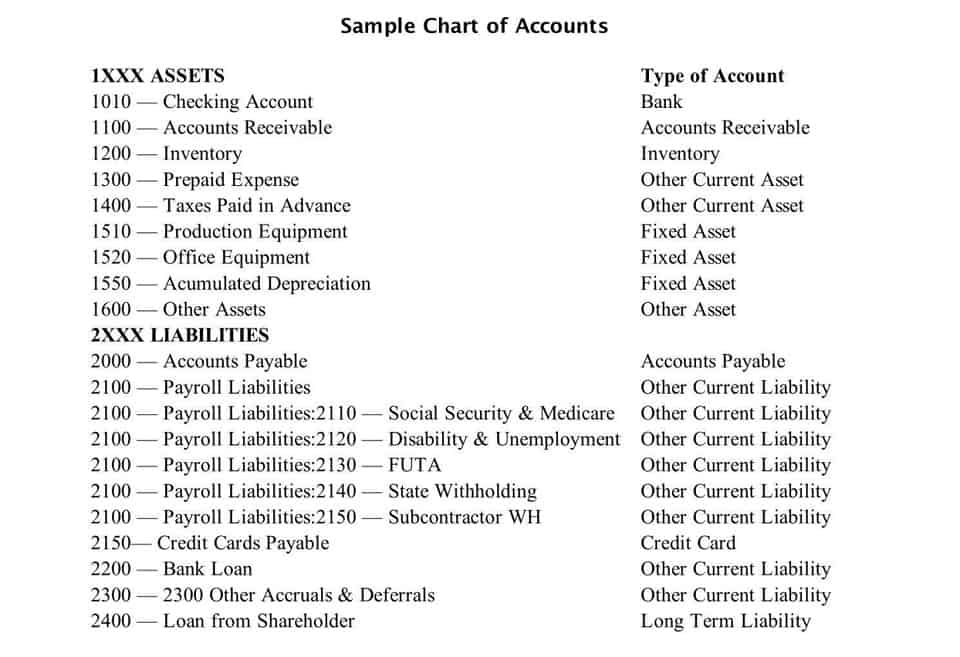
There are plenty of accounts that don’t run through a statement and your business likely has several. Notice how only the balance in retained earnings has changed and it now matches what was reported as ending retained earnings in the statement of retained earnings and the balance sheet. Most small companies close their books monthly, though some only do so at year’s end.

Why we close the books
- Sum your general ledger accounts again to take into account the adjusted entries from the last step, and then add them all together to make a new trial balance, making sure your debits and credits are again equal.
- To create this journal entry, first determine what your depreciation expense should be for the year.
- The records are used to generate reports that tell an owner how much money flows in and out of their business.
- If you want to give your business the best chance of success, financial forecasting is imp…
- However, smaller businesses can often get by with just annual closings to reduce accounting workload.
For example, a company would ensure that its expenses and income transactions are accurate on a monthly basis and then conduct a quarterly review ahead of an important meeting with the board or investors. At the end of a specific period, bookkeepers will “close the books,” or wrap up everything for a given month, quarter, or year. This concept might seem complex, but the process can be simple if you keep your books organized throughout the year. It’s becoming more and more rare to use actual books for your accounting – almost everyone has gone digital (it’s a lot easier that way).
The Accounting Cycle And Closing Process

In other words, the temporary accounts are closed or reset at the end of the year. When you close your books at year-end, the accounts aren’t erased; instead, their balances are transferred to a permanent retained earnings account. Occasionally, revenue and expenses are transferred to an intermediate account called an income summary. Regularly closing your books will prevent unwanted changes from occurring to your accounting data after you generate important financial reports for your accountant or tax professional. Modern accounting information systems don’t post closing entries.
Close all revenue and gain accounts

Before creating your final report, generate a trial balance, and if things are not adding up, check your work and enter adjusting entries until you are ready to create the final financial statement. In this example we will close Paul’s Guitar Shop, Inc.’s temporary accounts using the income summary account method from his financial statements in the previous example. We see from the adjusted trial balance that our revenue accounts have a credit balance.
These finalized reports show a business’s financial position over a certain accounting period—whether a month or an entire year. It’s easier to make adjustments to journal entries when you use accounting software with connections to expert bookkeepers and tax prep services. Post the account totals from your cash payments and your sales and cash receipts journal to the appropriate general ledger account to close the books. Cash payments (“cash disbursements”) include the closing process is sometimes referred to as closing the books. any payments made by cash, check, or electronic fund transfer. The same is true of your cash receipts journal, though this journal tracks the inflow, not the outflow, of funds.

Accounting software may create an automatic closing date as well as a password so transactions from before the closing date can’t be changed. “The books” are a business’s revenue, expense, and income summary reports. Business owners can close their books by zeroing out their income and expense accounts and then plugging net profit (or Bookstime loss) into the balance sheet.
However, there is still a closing process that prevents the accountants and bookkeepers from accidentally posting entries to the normal balance prior period. The closing process means any books and records that produced the official financial statements are “closed” to any further entries that would cause them to no longer match the published financials. Since income statement accounts record current year activity, they must be zeroed out or closed at the end of each accounting period. This way they will have a zero balance for the start of the next accounting period and only current balances will exist in these accounts. In order to achieve this, closing entries must be made to transfer the ending income statement balances to balance sheet accounts.
This makes it easier to do monthly tasks like bank reconciliation, sending sales tax reports to the state, paying your suppliers, and generating customer statements. Keeping your books balanced entails keeping a detailed record of all debits and all credits to each account. These records are then used to generate reports that can tell a business owner the financial status of their enterprise. This process helps owners stay on track with business goals and prepare for filing their income tax returns.

Closing Entries
The records are used to generate reports that tell an owner how much money flows in and out of their business. Businesses often use professional bookkeeping services to ensure they are on track financially, are tax-season ready, and are able to continue to grow and thrive. Get started here if you want to speak to a professional about your business cash flow. Journal entries are transferred to the general ledger when they’re posted to an account, such as accounts receivable.